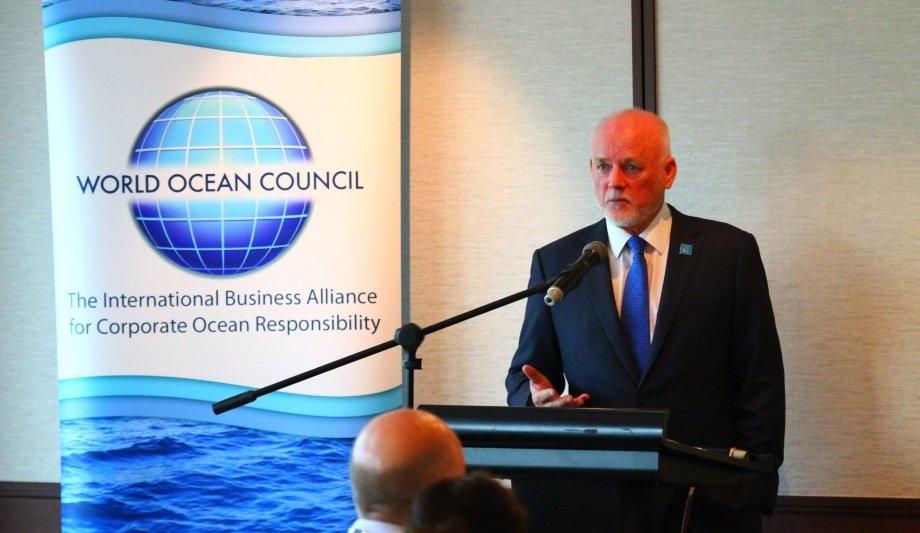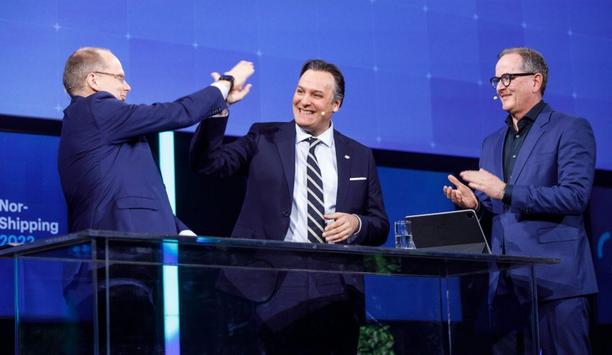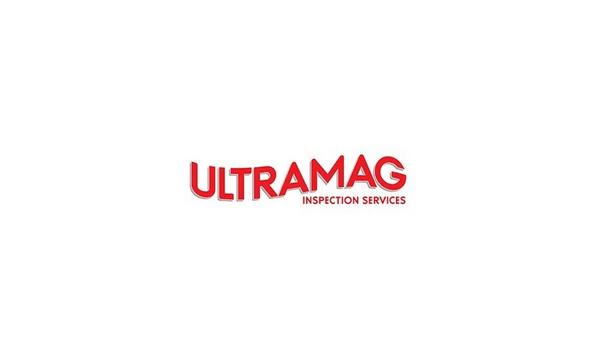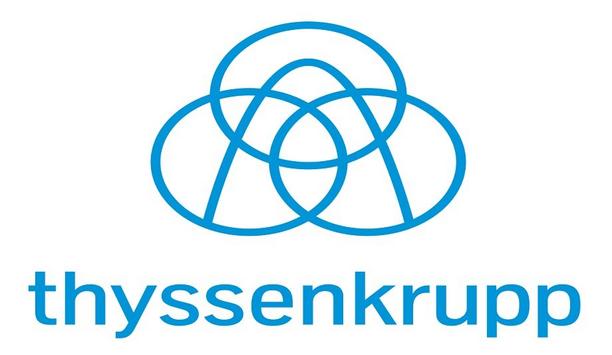The World Ocean Council will host a side event during the United Nations Ocean Conference on June 27-July 1 in Lisbon, Portugal. Building the Supply, Demand, Marketplace, and Monitoring for Ocean Carbon Sequestration takes place on 30 June, 1:45-2:45 pm | One Sustainable Ocean Pavilion, Ocean Stage.
Ocean and coastal ecosystems are, by far, the largest carbon sinks on Earth — they offer the best nature-based solutions for enhanced gigaton-scale carbon sequestration. In order to realize this potential, we must develop the business (supply), market (demand and marketplace), and monitoring (technology, data, reporting) of ocean carbon removal to enable investment.
Ocean carbon removal
Agenda of the session is as follows:
- Supply
- Create business association to facilitate/accelerate implementation.
- Develop best practices, standards, etc. to ensure confidence.
- Demand
- Develop blue/ocean carbon 'buyers club' to support/scale market.
- Engage leading ocean industry companies (e.g., shipping, ports, dredging).
- Engage sectors/companies with ocean connections (e.g., commodities).
- Engage tech, data, cloud computing companies.
- Marketplace
- Develop blue/ocean carbon trading exchange.
- Engage investors and create investment opportunities.
- Monitoring, Reporting, Verification (MRV).
- Develop measurement systems, technologies, standards.
- Document amount, longevity, efficacy of ocean carbon sequestration.
- Verify, monitor, and assure the absence of impacts to ocean ecosystem health.










